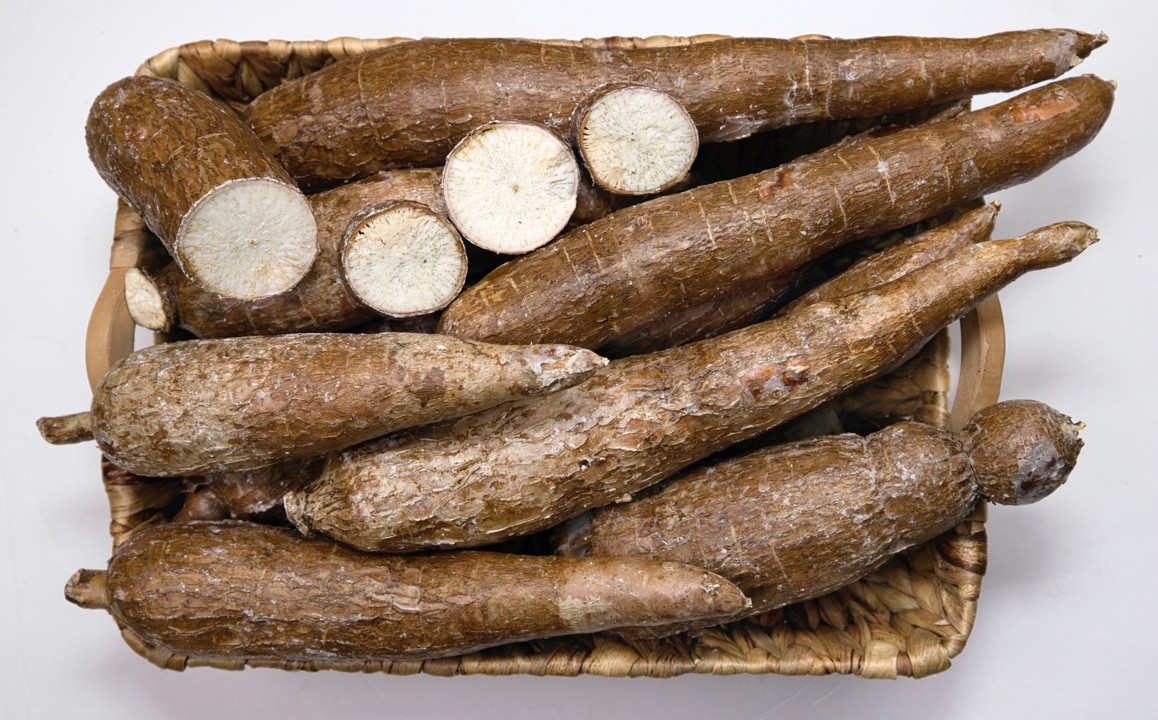1000minds was used by the Next Generation Cassava Breeding Project (NextGen) to understand the preferences of African farmers with respect to cassava traits, with the ultimate objective of increasing adoption of improved cassava breeds to promote food security.
NextGen is a collaborative project involving several organizations including AbacusBio, Cornell University and the International Institute of Tropical Agriculture.
Cassava is a staple food crop across Africa, being the second most important food crop on the continent. The root vegetable is high in calories, drought resistant and requires little fertilizer to grow.
However, the cassava production process is far from optimized due to differences in the preferences of key stakeholders, including cassava farmers.
NextGen aims to align scientific research on desirable cassava genomes with the preferences of cassava farmers in order to ensure rapid adoption of new varieties developed through cassava breeding.
To do this, a 1000minds conjoint analysis survey was run to understand farmer preferences for various cassava traits, including crop quality, yield, color and hardiness.
The researchers also wanted to capture gender differences in trait preferences and dynamics in household decision-making, which they did by first surveying husbands and wives separately and then together. Using data from the Rural Household Multi-Indicator Survey, farmers’ survey responses were further segmented by their demographic and location characteristics.
Using this approach, the study was able to establish product profiles for different groups of farmers as well as understand important household dynamics that could influence adoption of new cassava varieties.
The 1000minds survey results indicate differences in cassava trait preferences between male and female farmers: e.g. female farmers tend to prioritize food quality more than their male counterparts do. Differences in preferences were also found between areas of relatively high versus low food security.
Overall, the findings suggests that cassava breeding programs should recognize that African stakeholders are a group with highly diverse preferences. The findings also ensure that the preferences of marginalized groups such as women and impoverished households are represented in cassava breeding programs.
NextGen’s research can serve as a model for other crop breeding programs. Going forward, NextGen wants to continue studying farmer preferences for cassava traits, as these preferences are always evolving.
Find out what matters most
1000minds is proud to help organizations around the world conduct preferences research and use those learnings to make a positive impact in many areas, including plant and animal breeding.
The ‘secret spice’ behind our innovative approach is our award-winning, patented PAPRIKA method, which makes the process simple, smart and fun!
Curious about how 1000minds can help you? Sign up for our free trial or book a demo with our friendly team today.
Share this post on:
